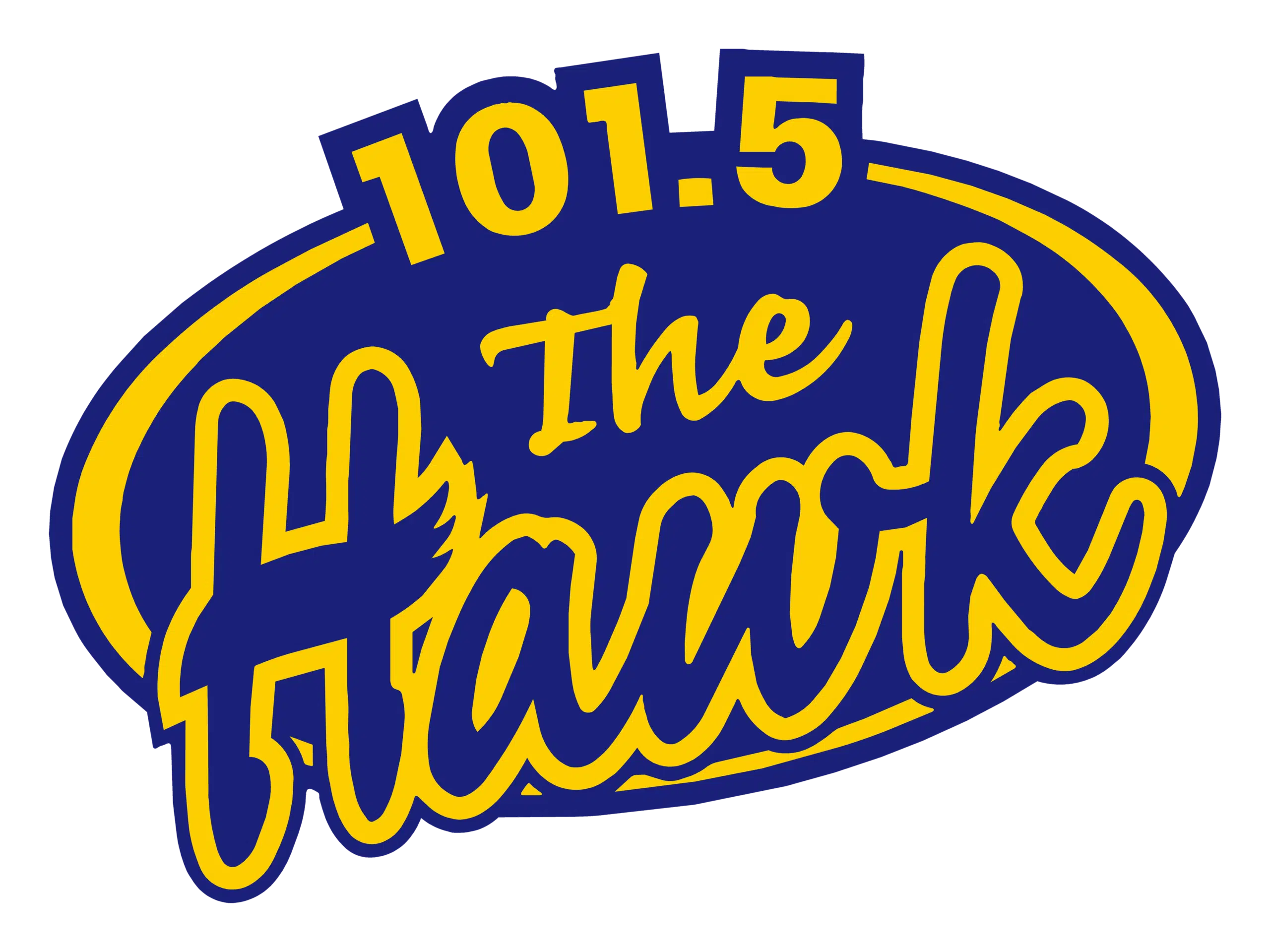An advocacy group says four horses should not be returned to Ross Farm Museum in New Ross, after they were removed for rehabilitation due to poor conditions at the farm.
Rikki Jagger, a member of an advocacy group for the animals, says she’s familiar with the horse’s situation because she’s involved in the horse community and owns three horses herself.
She and some others are advocating to the province that the horses should not be returned to Ross Farm after what they went through.
“Number one, we don’t think that these horses that have been removed and that have experienced such trauma should have to go back. And number two, something needs to be done here to protect all of the animals [at Ross Farm].”
She says the conditions at Ross Farm were terrible, and the province should hire a third-party to investigate how this happened.
Jagger has visited the horses several times as they’re being rehabilitated, but she would not reveal their location for their safety.
Ross Farm is managed by the New Ross District Museum Society under a license from the provincial government. It has to follow the province’s regulations, and the government is responsible for enforcing those rules.
The non-profit society who runs the farm raised some concerns about “potential issues” with animal care last year, according to a spokesperson for the provincial government. The province sent their Farm Animal Welfare team to evaluate the site, which recognized the farm needed to improve animal care.
“Most notably, it raised serious health concerns about some of the horses.”
Two horses were taken off the farm late last year, and another two horses left in January. One stayed at the farm, according to the province.
Horrible living conditions
One of the horses, Maverick, did not have his teeth properly maintained, said Jagger. Horses need their teeth trimmed every six months or every year, depending on the horse. Vets basically trim their teeth, taking off the sharp points at the end so the teeth don’t cut the horse’s mouth.
But Maverick’s teeth were not trimmed. They were sticking out forward, and he could not properly close his teeth, said Jagger. She said that lead to nerve damage in the teeth.
Susan Fraser, an experienced equestrian coach, also mentioned the state of Maverick’s teeth in an interview with CBC.
There were several other things, too, she said. Their skin had urine burns, and one horse had a bone in her foot that had been broken for some time. One horse had an ulcer in the lining of the stomach.
“I’ve seen one of the horses just break out into a complete sweat at a standstill,” said Jagger.
They had also fed the horses dairy rations, which is meant for cattle and is toxic to horses.
“They were also extremely mentally traumatized. They were scared. They didn’t trust human touch. Any quick movements will startle them,” she said.
Conditions improving, says province
The province says the pastures and paddocks have been expanded in the past two months. Horse stables have been renovated to have larger stalls, better flooring and airflow, according to a statement from government spokesperson Rob Maguire.
Maguire says the farm also has self-watering stations for all farm animals.
“A daily checklist now guides feeding, stall cleaning, and other core tasks. The plan also includes revised inspection schedules to ensure more frequent veterinary visits and updated reporting requirements,” the statement read.
“Animal care policies for the farm are being reviewed and strengthened, with enhanced monitoring and record-keeping practices. All recommendations from the Farm Animal Welfare Program veterinarian have been — or will be — implemented before the horses return to the farm.”
Horses ‘currently in good health’
Maguire says that, according to recent vet reports, the horses “are currently in good health,” because they’re getting the care they need and “are stable and not in distress.” Some horses have chronic conditions that will need specialized care plans, he says, and they are considering those factors in each report.
“These plans will outline which horses can comfortably return to Ross Farm, and identify alternative care options to support the long-term wellbeing of those with more complex needs.”
Correction: A previous version of this story said that the Ross Farm Museum was managed by the Department of Communities, Culture, Tourism, and Heritage. In fact, the farm is managed by a non-profit group called the New Ross District Museum Society under a license from the provincial government and, thus, must follow provincial museum regulations.










